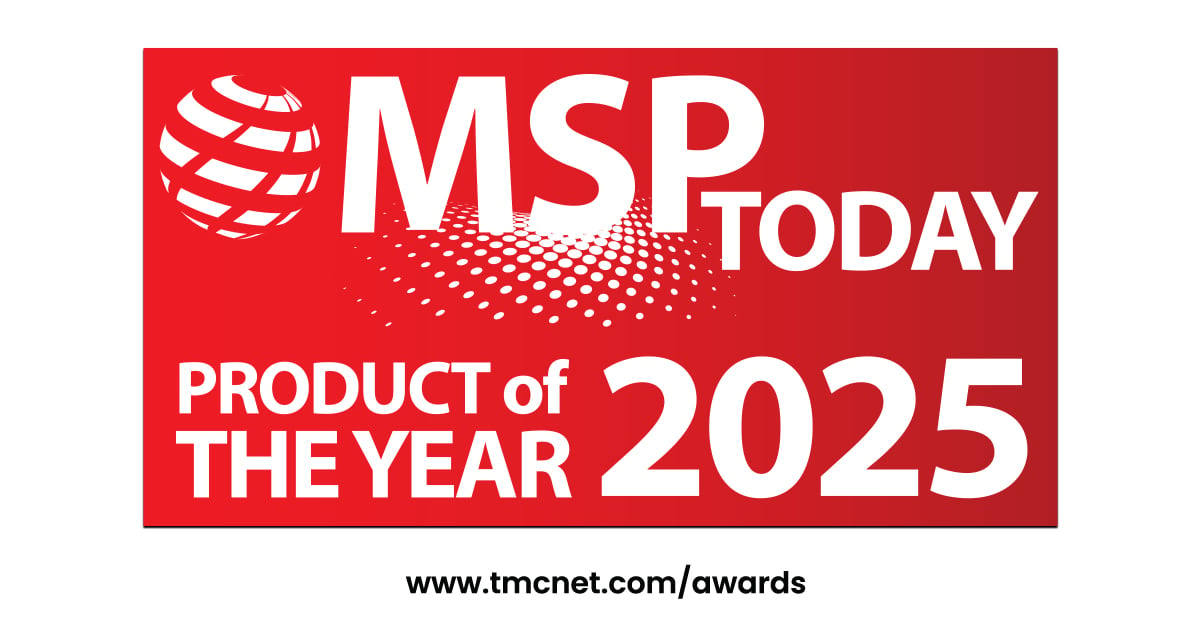
Amidst the digital revolution, the application of automation is reaching new heights, permeating nearly every industry. While automation isn't a new concept by any means, with ATMs being introduced in the late 1960s, digital transformation has ushered in new types of automation that offer a wide range of benefits to technologically driven businesses. The most notable type of automation that is making waves across enterprises of all sectors is professional services automation (PSA) tools.
PSA tools enable greater efficiency in such tasks as project management, project accounting, and resource allocation. As automation continues to flourish, PSA tools are quickly being adopted and implemented by enterprises of all sizes and industries. The global professional services automation software market size was valued at USD 10.8 billion at the end of 2022. The PSA market is expected to register a compound annual growth rate (CAGR) of 11.9 percent from 2023 to 2030, driven by organizations' focus on digitizing business operations for improvement in operational visibility and business process efficiency.
For Managed Service Providers (MSPs), PSA tools can help them run their businesses more efficiently with more effective reporting, improved billing, and better integration of processes for enhanced team collaboration.
"The MSP sector has evolved from an IT reseller role to provide, install and manage a specific application, into being an integral part of a company's IT digital operations," said Nick Heddy, Chief Commerce Officer of Pax8, one of the fastest growing cloud marketplaces in the world, with 25,000 MSP partners and more than 80 vendors. "MSPs can gain a competitive advantage by improving their operational efficiency through a focus on core competencies, cutting operating expenses, and increasing the use of cloud-based technologies. Leveraging PSA tools can be key, too, and Pax8 offers integrations with leading PSA tools."
The growth of the MSP industry has been swift and is expected to continue. The global managed services market size was valued at $267.3 billion in 2022 and is expected to register a compound annual growth rate (CAGR) of 13.6 percent from 2023 to 2030. In comparison to overall IT services, Gartner predicted the MSP market to grow at three times the rate in 2022.
"Unless MSPs step up, automation can become a double-edged sword for their businesses and the sector, bringing numerous challenges along with prosperity," Heddy explained. "These new hurdles are mainly associated with technology and the higher-level digital skills necessary to adequately install, run, and maintain innovative devices and applications."
Currently, around 40 million technical jobs go unfilled due to a lack of skilled talent, with this number expected to rise to 85.2 million by 2030. For many MSPs today, the lack of skilled IT workers has driven up costs, sometimes making it too expensive to obtain clients and offer some services. For MSPs to bring in skilled IT workers, the pay could be as much as USD 150,000 a year for workers with top-level certifications.
"This gap in technologically skilled workers is exactly where PSA can make a difference for the MSP industry," Heddy said. "In general, PSA tools can offer a wide variety of benefits to any MSP that leverages the technology in concert with the best vendors in the cloud-first world."
For example, PSAs allow MSPs to set up work rules that route information through various aspects of the combined platform, automatically initiating processes based on specific data inputs. A big part of the value proposition for these systems is their "hands-free" capabilities, and removing people from as much of the equation as possible not only reduces payroll costs and stress but cuts down on entry mistakes and other human errors.
Furthermore, PSAs give MSPs the ability to manage multiple levels and types of Service Level Agreements (SLAs) concurrently. Providers can monitor agreement statuses across various workflows through automatic alerts and tracking different escalation paths. Those automations help MSPs manage client expectations and improve customer satisfaction levels with real-time alerts and updates tracking assignments and schedules, prioritizing urgent tasks or those with nearing due dates. Ultimately, optimizing workflows with PSA integrations can help MSPs realize more business growth.
"PSAs allow MSPs to strengthen virtually every part of their operations," Heddy said, explaining that with a Pax8 PSA integration, MSPs can browse products, place orders, update seat counts, automate provisioning and customize billing agreements, to name a few. "From quoting to collections, these platforms increase the efficiency, productivity, and customer satisfaction levels across the digital supply chain IT has always leaned on. The end goal of PSAs is lower resource utilization rates and faster responses to clients' technical issues. With all the information and control in one place, MSPs can make quicker and more well-informed decisions on their businesses and their teams' activities."
Edited by
Erik Linask






